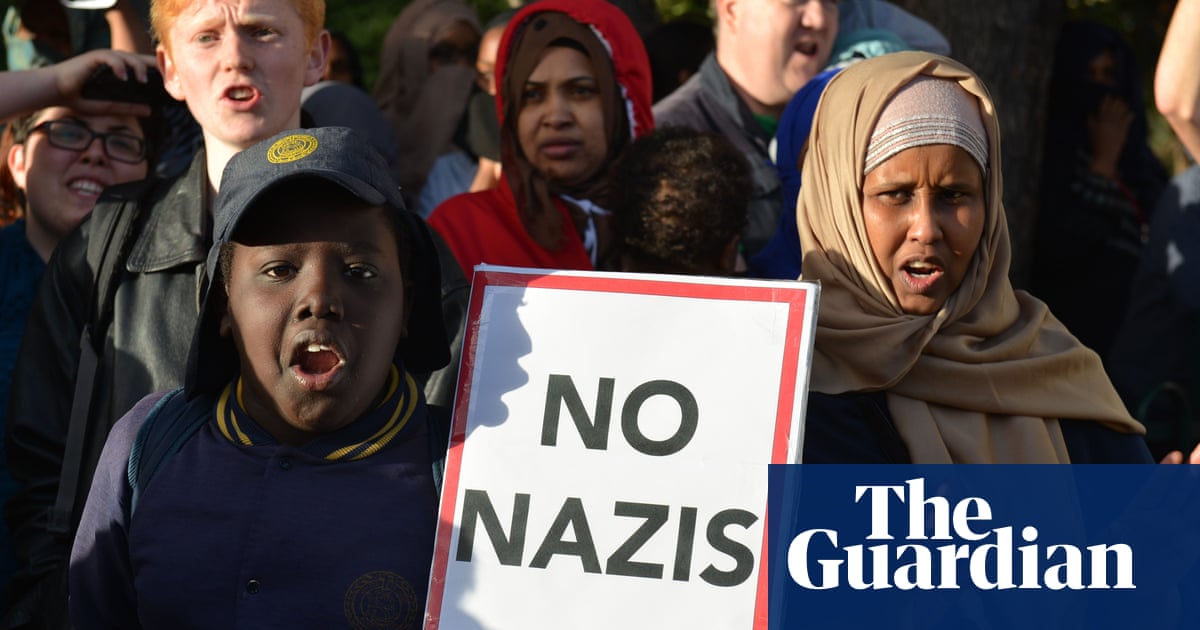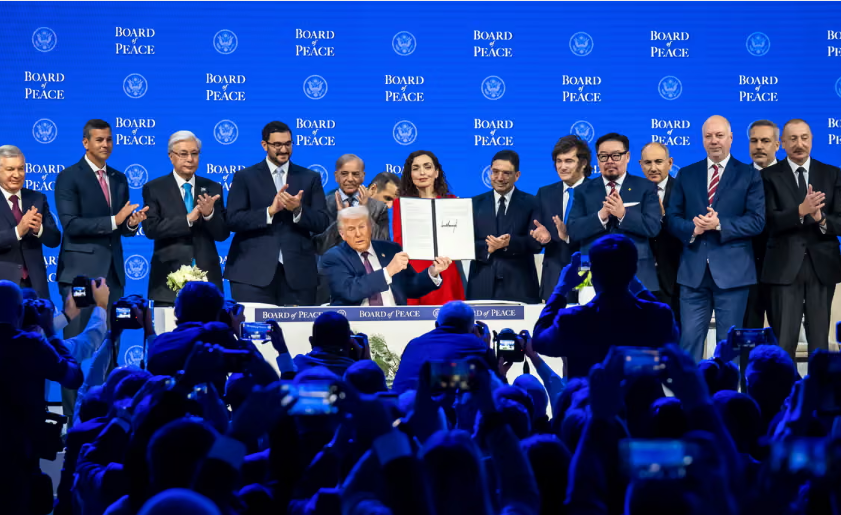Victoria to become first state to ban the Nazi swastika
Victoria is set to become the first Australian state or territory to ban the Nazi swastika, with a leading anti-hate campaigner describing the legislation introduced to state parliament as history-making.
Under the Summary Offences Amendment (Nazi Symbol Prohibition) Bill 2022, it will be a criminal offence for a person to intentionally display the Nazi swastika, also known as the Hakenkreuz, in public.
Doing so could lead to fines of almost $22,000, 12 months’ imprisonment or both, once the legislation comes into effect.
In announcing the landmark reform on Wednesday, the attorney general, Jaclyn Symes, said it will send a clear message that Nazi and neo-Nazi ideology has no place in Victoria.
“The Nazi symbol glorifies one of the most hateful ideologies in history – its public display does nothing but cause further pain and division,” she said.
“As a government we want to do all we can to stamp out hate and give it no room to grow.”
She said the legislation will come into effect a year after passing, to allow for an community education campaign to raise awareness of the origins of the religious and cultural swastika, its importance to the Buddhist, Hindu and Jain communities and its distinction from the Nazi symbol.
The bill does not prohibit the display of the swastika in such religious and cultural contexts.
“We do know that the swastika is a symbol of peace, love and acceptance for the Hindu, Buddhist and Jain communities and is a really important symbol for their faith,” Symes said.
There will also be “appropriate exemptions” for the Nazi symbol to be used including for educational and historical purposes, she added.
Chairman of the Anti-Defamation Commission, Dr Dvir Abramovich, welcomed the announcement, having campaigned for five years to outlaw public displays of the Nazi swastika.
“This is a day for the history books, this is an uplifting and triumphant moment for every Victorian and it’s a thunderous blow to the solar plexus of the neo-Nazi movement here in Victoria who would love nothing more than to put people like myself in the gas chambers and who dream of an Australian Hitler and Fourth Reich,” he told reporters.
“This is a day in which we honour the six million Jews exterminated by the Nazis and the millions of others, it’s a day in which we honour the Holocaust survivors who made Victoria their home and pay tribute to the brave diggers who sacrificed their lives to defeat the Third Reich.”
Abramovich said there was a “Nazi swastika epidemic” in Victoria.
“For a Holocaust survivor, to see a Nazi swastika, graffitied or vandalised, it is as threatening as being faced with a gun. It tears a hole through their heart,” he said.
President of the Jewish Community Council of Victoria, Daniel Aghion, said antisemitic incidents in Australia have increased 37% this year when compared to last year.
“We can’t stop everything. Some people will do it simply because they are malicious and the question of a very large fine or the risk of imprisonment may not even stop them, but it is important that we lead and it is important that we educate,” he said.
The legislation follows recommendations of a parliamentary inquiry that was set up in 2019, just months after the government was powerless to stop a neo-Nazi music festival from taking place.
In January 2020, the government was also unable to stop a family from flying a Nazi flag above their home in the small town of Beulah.
Symes said the government may consider banning other Nazi symbols in the future.
Deputy Liberal leader, David Southwick, said the opposition would support the legislation, having called for a ban of the Nazi swastika for two years.
“Today is the proudest moment in my career in politics to be able to see – finally – the ban on the Nazi swastika, something that is long overdue,” he said.













